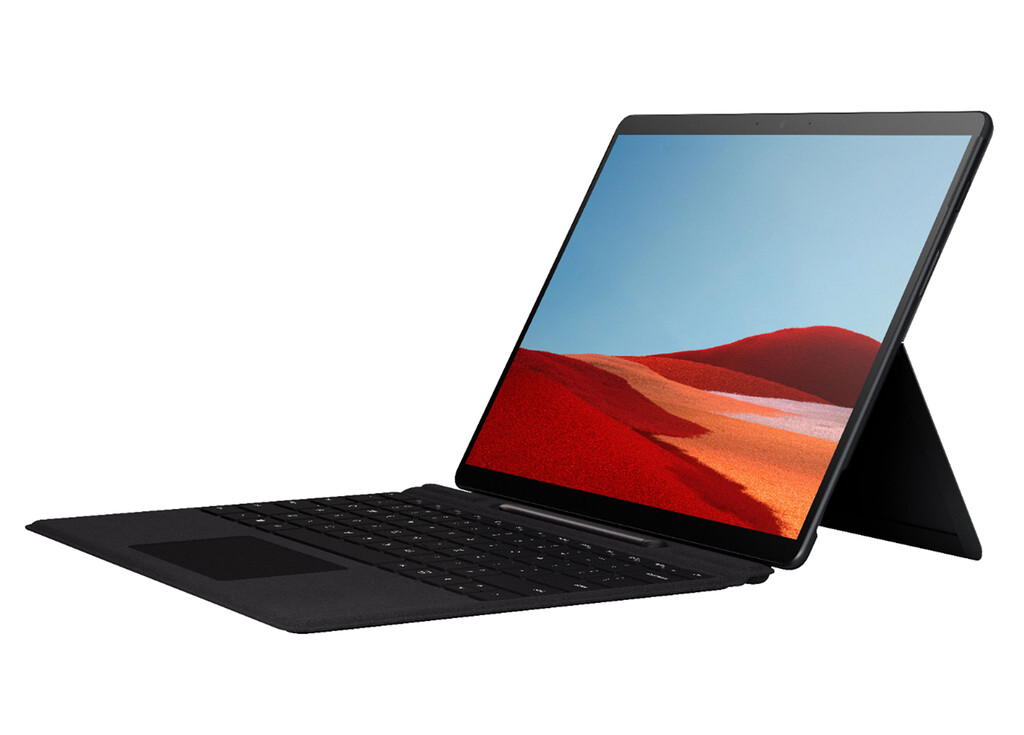The purchase of Nuvia will boost Qualcomm ARM chips for ultraportables, which will arrive in 2022. Today, finding Windows laptops based on Qualcomm ARM chips is difficult. To have them there are them, but their benefits do not finish to curdle before the traditional alternatives with x86 chips from Intel and AMD. That, however, could change markedly by the end of 2022.
That’s when Qualcomm launches its future ARM chips for ultraportables, which will benefit from the recent acquisition of Nuvia, a semiconductor development company that was created by three former Apple engineers. Qualcomm’s ambition seems clear, and we may be on the verge of a true rival for the Apple M1s on the one hand and for the Intel and AMD of the notebook segment on the other.
A declaration of intentions
When Qualcomm announced the purchase of Nuvia in early 2021 it mentioned that its developments would be used in future smartphones and laptops, but little additional data was given.
Today the semiconductor giant announced that the acquisition of Nuvia has been completed, and that statement expressly indicates that the first processors resulting from that acquisition will arrive ” in the second half of 2022, and will be designed for high-performance ultraportables”.
That’s certainly quite a statement of intent for Qualcomm, which has long been working on processors geared towards Windows-based notebooks. In fact, they developed with the collaboration of Microsoft the SQ1 and SQ2 that the company boasts in its Surface Pro Xs.
However, those processors are more a rehash of their Snapdragon for mobiles than chips really focused on competing with the best of Intel and AMD.
The acquisition of Nuvia changes things, and it does so thanks mainly to the three co-founders of the company, who worked on the development of Apple processors and SoCs – George Williams III, one of them, is quite an institution in this field. —And that now they will dedicate their work to those future chips that Qualcomm wants to put in high-performance laptops. Qualcomm ARM chips will take us into new era of computing.
The future gets very (very) interesting
We will still have to wait a long time to see the result of that work: if we heed the official announcement, it is not likely that we will see equipment with those chips until late 2022 or early 2023, and it will be interesting to see how Apple is doing with a family of chips. ARM that pose a revolution in this segment.

The biggest doubt in that future is not so much in the hardware as in the software. Windows 10 in its ARM version continues to gain integers, but doubts about the compatibility and performance of traditional applications for Windows 10 on x86 architecture (the one used by Intel and AMD chips) are still there.
In fact, by then there may be more surprises in the realm of ARM processors for laptops. Even Microsoft is into it and seems to want to develop its own chips, albeit with a special focus on servers, but both it and other prominent players (such as NVIDIA, which bought ARM) make that future is getting especially interesting.

